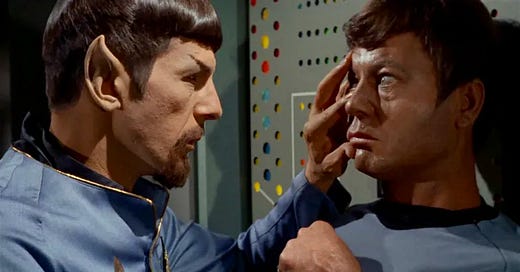The University of Bologna in Italy claims to be the oldest university in the world. At the time of its founding in the late 11th century, the state of the art in transmission of accumulated knowledge was the lecture. The instructor knew stuff he wanted to transmit to his students. He spoke, and they wrote. He could have written down what he knew, and they could have copied from that. But it was more efficient for him to dictate to many copyists at once.
My spring semester has just begun at the University of Texas in Austin. Much of my class time is taken up doing what those old Italian lecturers did. I talk to my students. Except that my students don't write down what I say. I forbid them. Instead they answer questions I pose to them. Here I am channeling an even more venerable teacher: Socrates. I ask, and they think and respond.
Such procedural differences aside, the classical Greeks, the medieval Italians, and I and my fellow teachers in the 21st century all labor to convey our cultures’ accumulated knowledge and wisdom to new generations.
I don't have to transmit information in the classroom, because my students have access to books and the internet. Reading is more efficient than listening and transcribing. But not everything I want to get across to my students is written down somewhere. Much of it resides in my head. So, like Socrates and the Italians, I attempt to get what’s in my head into theirs.
I've often wondered if technology will someday reach the stage of the Vulcan mind meld of Star Trek. My computers and my phone are linked via the cloud; I start writing an essay on one and it immediately appears on the others. Wouldn't it be great if we could share thoughts the same way? Teaching and learning would be a breeze.
Ignoring questions of privacy—do we want to give others access to our innermost thoughts?—I think there's something else that would be lost. I've only recently come up with this idea, so it’s pretty rough.
But here goes. This is my theory of cultural evolution by random mutation and natural selection. It’s similar to physical evolution by random mutation and natural selection. When physical organisms reproduce, there are occasional errors that cause mutations in the offspring. Some of these mutations are harmful and lead to the demise of the offspring. But other mutations are beneficial, and the organisms that have them enjoy a selective advantage. They reproduce at a higher rate and the species evolves.
I don't know if kids still play the telephone game. Several kids—or inebriated adults—sit around a table. A first kid whispers a name or a phrase to the second kid, who whispers it to the third kid, and on around the table. By the time it gets back to the first kid, it‘s often hilariously garbled.
My theory of cultural transmission imagines something similar. Each generation tries to convey what it knows to the next generation, but the message never comes through perfectly. Sometimes the message isn't articulated clearly. Sometimes the hearers are distracted—a common condition in teenagers and young adults. The garbled message can cause confusion, even a breakdown in social order. But sometimes the mistransmission produces a cultural variant that works better than its predecessor. A young person’s brain gives a twist to received wisdom and conceives a revolutionary idea that carries the culture forward.
I don’t know if things actually work this way. I’m not sure how one would recognize the process if in fact it does take place. There’s no scientific or other consensus on how ideas originate or how they change over time. We can’t even agree on what ideas are.
Yet if there’s anything to this argument, we shouldn’t rush to adopt the mind meld. We don’t want the next generation to be a clone of ours, any more than we want each generation of plants and animals to be clones of previous generations. True, some people want to clone particular plants and animals for specific purposes, but nobody wants it as a general rule. Variation is what makes progress possible.
(At a future date perhaps I’ll suggest a cultural equivalent of sexual reproduction, which speeds the evolutionary process beyond what random mutations provide.)
Any takers on my theory?




The famous evolutionary biologist Richard Dawkins (whom I have met on a couple of occasions) actually propagated this same "cultural evolution" when he invented the term "meme" and Meme Theory but conceded the concept wasn't novel. He used the term 'meme' in his book The Selfish Gene. His position was that ideas and knowledge get passed on and either succeed and propagate or die off as "memes' much like biological beings do over time due to evolutionary pressures.